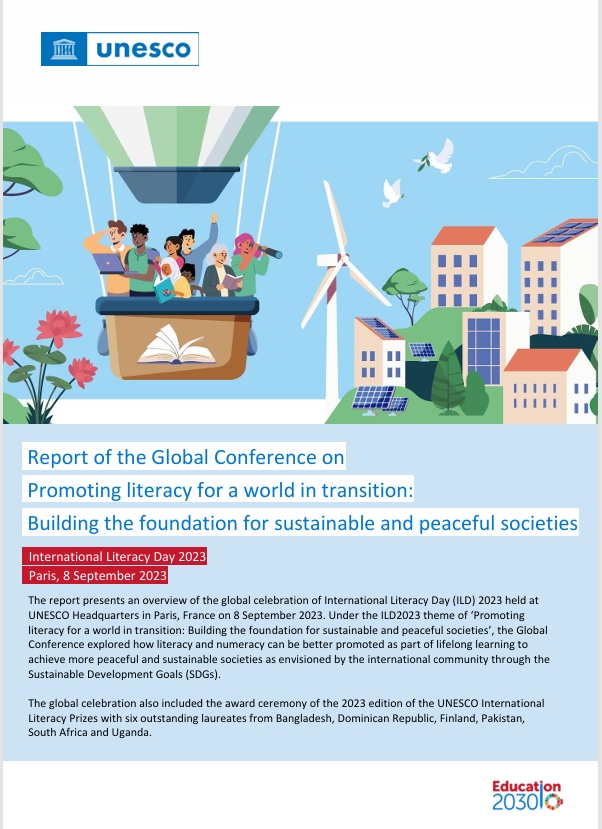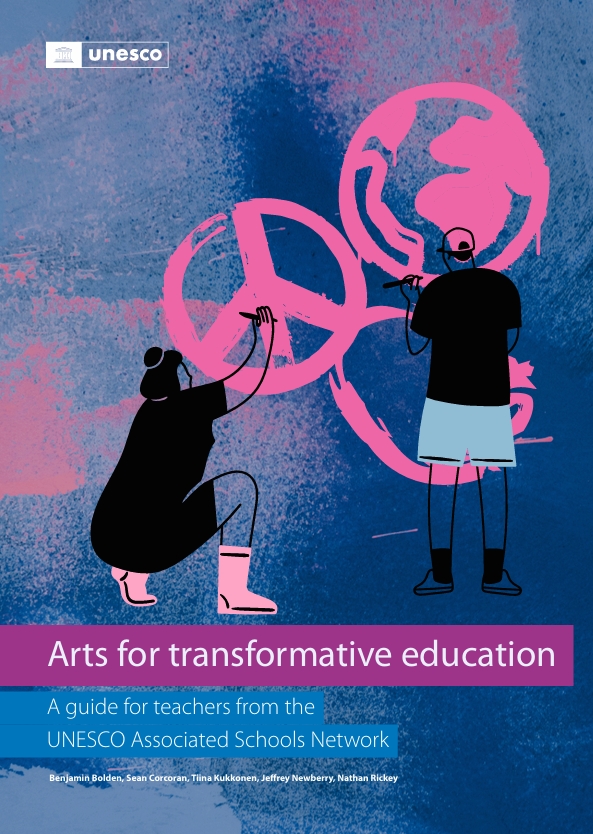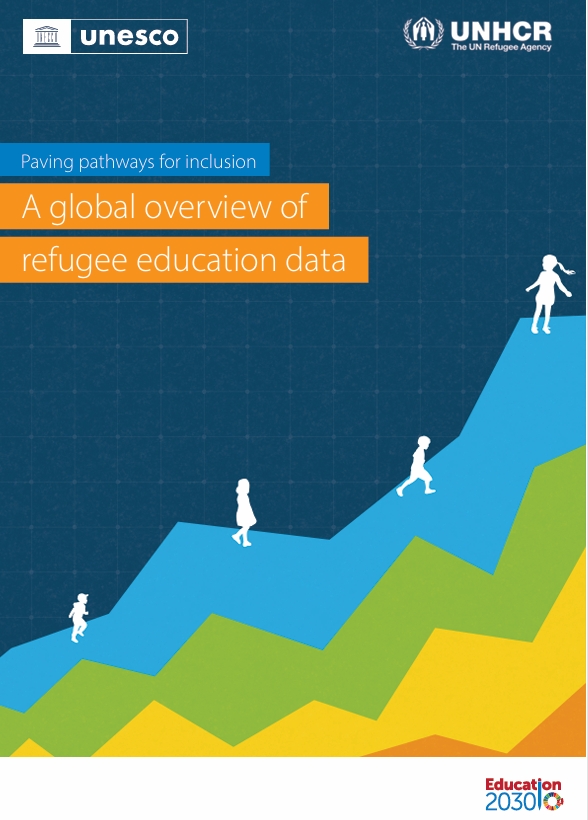Story Source: The Daily Star ~ Go to Original Article
Most of South Asia (with the exception of Bhutan, Maldives and Sri Lanka) is not on track to achieve the Sustainable Development Goal education target of equitable, inclusive, quality primary and secondary education for all children by 2030. The distressing prognosis was shared in the Asia-Pacific Meeting in Bangkok on Education Goal 2030 (APMED-2030) with government and civil society representatives, hosted by UNESCO and UNICEF, between October 1-4. A major reason for this situation, particularly in South Asia, APMED participants agreed, is the poor quality of public schools from which desperate parents are walking away and turning to private providers.……………..……………………..





